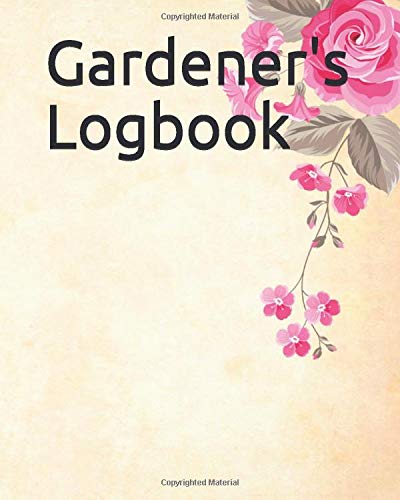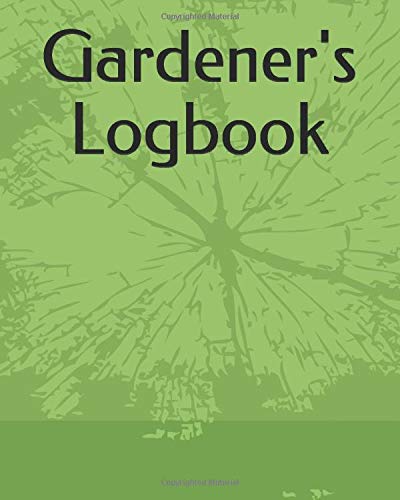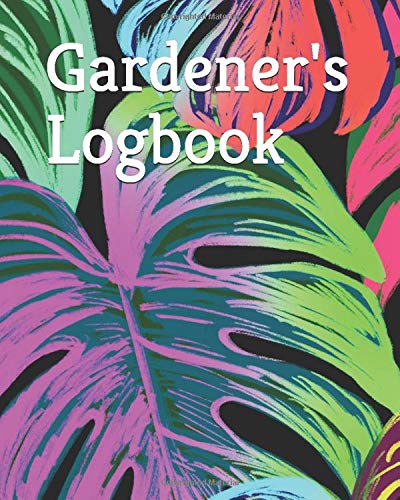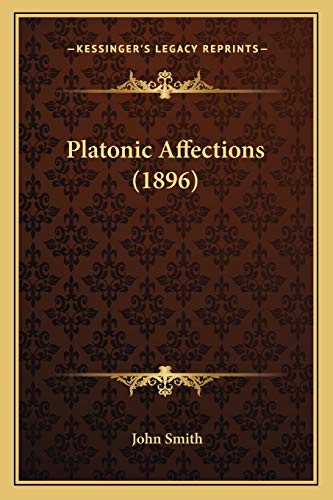-
Economic Entomology for the Farmer and the Fruit Grower, and for Use as a Text-Book
John B. Smith
Paperback (Forgotten Books, Jan. 5, 2019)Excerpt from Economic Entomology for the Farmer and the Fruit Grower, and for Use as a Text-BookFrom the Entomological Society of Ontario electrotypes were obtained for figures Nos. 207, 208, 258, 420, 456.From the Cornell Experiment Station, through the kindness of Mr. M. V. Slingerland, electrotypes were secured of figures Nos. 40, 119, 145.About the PublisherForgotten Books publishes hundreds of thousands of rare and classic books. Find more at www.forgottenbooks.comThis book is a reproduction of an important historical work. Forgotten Books uses state-of-the-art technology to digitally reconstruct the work, preserving the original format whilst repairing imperfections present in the aged copy. In rare cases, an imperfection in the original, such as a blemish or missing page, may be replicated in our edition. We do, however, repair the vast majority of imperfections successfully; any imperfections that remain are intentionally left to preserve the state of such historical works.
-
Report of the New Jersey State Agricultural Experiment Station: Upon the Mosquitoes Occurring Within the State, Their Habits, Life History, &C
John B. Smith
Paperback (Forgotten Books, July 15, 2017)Excerpt from Report of the New Jersey State Agricultural Experiment Station: Upon the Mosquitoes Occurring Within the State, Their Habits, Life History, &CChapter II. - Structure of Mosquitoes, The adult structure, The larval structure, The pupal structure, The mosquito wing, chapter III. - Habits of Mosquitoes, The mosquito bite, How a mosquito bites, Bite cures, Powers of flight, Mosquito migrations, Color preferences.About the PublisherForgotten Books publishes hundreds of thousands of rare and classic books. Find more at www.forgottenbooks.comThis book is a reproduction of an important historical work. Forgotten Books uses state-of-the-art technology to digitally reconstruct the work, preserving the original format whilst repairing imperfections present in the aged copy. In rare cases, an imperfection in the original, such as a blemish or missing page, may be replicated in our edition. We do, however, repair the vast majority of imperfections successfully; any imperfections that remain are intentionally left to preserve the state of such historical works.
-
Grade 2 Wizz Kid: 2nd Grade Kids Composition Notebook, blank journal for kids, back to school second grade notebook
Jenny Smith
Paperback (CreateSpace Independent Publishing Platform, July 12, 2018)A magical composition notebook for kids - THEY WILL LOVE THIS! Large 8.5 x 11 inch pages with ruled lines. Perfect to write, create, plan, take notes, journal, doodle, draw or study. DETAILS: 150 pages Perfect bound Crisp white pages with a thick cardstock cover Elegant cover art Dimensions: 8.5 x 11 inches
-
Strange Times; Wacky Anecdotes: Glimpses of a varied life
John M W Smith
(CreateSpace Independent Publishing Platform, May 21, 2017)Over the past year I made a series of posts on my blog to relate incidents from my life so far.Encouraged by the interest that they aroused, I decided to compile them into a free book to reach even more readers and this, then, is the result of my efforts.So, as I value my reputation of getting straight to the point, I’ll let you begin without further ado........and, who knows, you might even have time to visit my website.I hope you enjoy the ride.
-
A Special Christmas for Oscar
John A. Smith
Hardcover (PublishAmerica, May 13, 2010)After not being put on the Christmas tree the previous year, Oscar the ornament hopes he gets to enjoy Christmas this year. Tony, the toy soldier ornament, feels Oscar isn't good enough to be on a Christmas tree. Angelique, the angel ornament, befriends and supports Oscar. When Oscar is accidentally knocked off the tree, it appears that he will miss Santa's arrival again. N
N
-
Wacky Stories For Grown Up Kids
John M W Smith
Paperback (CreateSpace Independent Publishing Platform, April 10, 2015)Why is the colour khaki missing from all the colours in a rainbow? What deal does Katy make with the witch at the bottom of the garden in return for smoked salmon and cream cheese sandwiches? Why does Sophie's dad embarrass her by insisting on dancing when her friends are around? Why is Margo Bigbelly so terrifying that we can only meet her at the end of the story? What in the name of tarnation has happened on the M1 motorway---why is the traffic at a complete standstill? There is something very strange about Ricky and his sister, Lola, and you won't see it unless you keep looking very carefully. Something is not right about Mrs Bentley, because she seems intent on ruining Jessica's birthday. Starz Stellanova and his crew land on Earth in their gleaming spaceship only to find something very shocking indeed. Is one of the greatest concert tenors in the world really a monster? Yes, the answers to all these questions are certainly not simple or straightforward. And in trying to learn the truth behind these answers the reader gradually becomes aware that there are many, many mighty strange things going on..........!.
-
Gardener's Logbook: Gardener's logbook: notebook and gardening diary
John Smith
Paperback (Independently published, Aug. 10, 2020)This 180-pages booklet is perfect for horticulturists, gardeners, farmers, growers, landscapers, nurserymen and green thumbsetters, whether serious or casual. In this notebook there are different sections where you can note the name of the plant, the date of the plantation, the water needs, pictures of the sun in function of the time, the seed, the plantation, a part to note the means used, the results obtained.This notebook has a dimension of 8.5 x 10 inches.
-
Gardener's Logbook
John Smith
Paperback (Independently published, Aug. 11, 2020)This 180-pages booklet is perfect for horticulturists, gardeners, farmers, growers, landscapers, nurserymen and green thumbsetters, whether serious or casual. In this notebook there are different sections where you can note the name of the plant, the date of the plantation, the water needs, pictures of the sun in function of the time, the seed, the plantation, a part to note the means used, the results obtained.This notebook has a dimension of 8.5 x 10 inches.
-
Happy 4th Of July: Awesome patriotic day Gifts For him or her Lined Paperback Journal/Notebook 110 pages/6*x9*
John Smith
Paperback (Independently published, June 11, 2020)Are you looking for a great reminder gift for The American Nation Birthday?Here is where you can jot down thoughts, take notes, write, organize or draw illustrations. It's also good for journalingand brainstorming.Features:Cover Finish: Beautiful matte cover.Dimensions: 6 x 9 (15.24 x 22.86 cm).Interior: White Paper, Lined Pages.Pages: 110Grab a copy and start Today
-
Gardener's Logbook: Gardener's logbook: notebook and gardening diary
John Smith
Paperback (Independently published, Aug. 11, 2020)This 180-pages booklet is perfect for horticulturists, gardeners, farmers, growers, landscapers, nurserymen and green thumbsetters, whether serious or casual. In this notebook there are different sections where you can note the name of the plant, the date of the plantation, the water needs, pictures of the sun in function of the time, the seed, the plantation, a part to note the means used, the results obtained.This notebook has a dimension of 8.5 x 10 inches.
-
Platonic Affections
John Smith
Paperback (Kessinger Publishing, LLC, Sept. 10, 2010)This scarce antiquarian book is a facsimile reprint of the original. Due to its age, it may contain imperfections such as marks, notations, marginalia and flawed pages. Because we believe this work is culturally important, we have made it available as part of our commitment for protecting, preserving, and promoting the world's literature in affordable, high quality, modern editions that are true to the original work.
-
Our Neighborhood: Good Citizenship in Rural Communities
John F. Smith
Hardcover (Forgotten Books, Nov. 25, 2017)Excerpt from Our Neighborhood: Good Citizenship in Rural CommunitiesWhile their attention is being directed to these things, it is necessary that they be taught to think in terms well known to them and their neighbors. As citizens they must think about roads, play grounds, pig clubs, courts, seed corn, taxes, game laws; community morals, prevention of waste, pure air and water, and the prevention of diseases among people and farm animals. Their skill in handling these and similar problems will be the measure of their civilization and progress. This is especially true of those who live on farms and in small country towns. The schools that do most for the young people of the countryside will devote much time to the definite things that are close to the door-step, things that concern men and women who expect to live in the country community.This book has been prepared for the purpose of directing the attention of country boys and girls to some of the definite things they will have to do in later years as members of a community. It shows the splendid possibilities of the kind of community life that will keep boys and girls in the country where they can be independent and happy. Instructions of this kind will help to arrest the present unfortunate tendency of country youth to crowd into the narrowing and often squalid life of the city.About the PublisherForgotten Books publishes hundreds of thousands of rare and classic books. Find more at www.forgottenbooks.comThis book is a reproduction of an important historical work. Forgotten Books uses state-of-the-art technology to digitally reconstruct the work, preserving the original format whilst repairing imperfections present in the aged copy. In rare cases, an imperfection in the original, such as a blemish or missing page, may be replicated in our edition. We do, however, repair the vast majority of imperfections successfully; any imperfections that remain are intentionally left to preserve the state of such historical works.